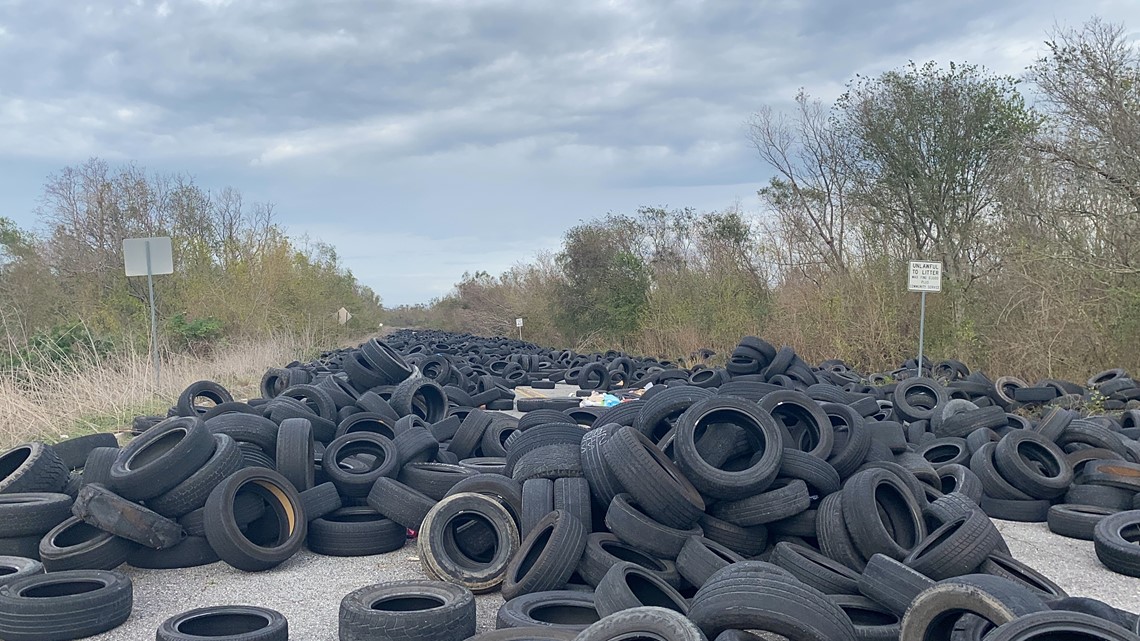Illegal Tire Dumping
Environmental Threats and Remedial Actions
Illegal Scrap Tire Dumping in Florida
The illegal dumping of tires in Florida poses a significant environmental and public health concern. Illegally discarded tires not only mar the natural beauty of the landscape but also create breeding grounds for disease-carrying mosquitoes and contribute to soil and water pollution. Over time the improper disposal of tires can lead to the leaching of hazardous substances into the environment, affecting both terrestrial and aquatic ecosystems.
In addition to the environmental impact, illegal tire dumping can result in financial burdens for local communities tasked with cleanup efforts. The cost of removing and properly disposing of abandoned tires falls on taxpayers, diverting funds that could be used for essential services to address this preventable issue.
Efforts to combat illegal tire dumping involve public awareness campaigns, stricter enforcement of regulations, and community engagement initiatives. By promoting responsible tire disposal practices, implementing deterrents, and encouraging recycling options, authorities aim to curb the problem and protect Florida’s natural beauty and environmental well-being.


Illegal Tire Dumping Law in Florida
Illegal dumping in Florida is regulated by state laws and local ordinances designed to prevent and address the improper disposal of various materials, including tires. Here are key aspects of the relevant laws:
-
Florida Litter Law (Florida Statutes § 403.413): This law addresses littering and illegal dumping of various materials, including tires. Violators may face fines and community service.
-
Tire Management Program (Florida Statutes § 403.717): Florida has specific regulations regarding the management and disposal of used tires. This includes requirements for tire retailers, transporters, and recyclers to ensure proper handling and disposal.
-
Local Ordinances: Many Florida counties and municipalities have local ordinances that further address illegal dumping. These ordinances may include specific provisions related to tire disposal, penalties for violations, and programs to encourage proper tire recycling.
-
Enforcement: Law enforcement agencies, environmental agencies, and code enforcement officers play a crucial role in enforcing these laws. They may conduct investigations, issue citations, and work with communities to address illegal dumping issues.
Residents and businesses are encouraged to report instances of illegal dumping to local authorities. Increased public awareness, community engagement, and education about proper waste disposal contribute to preventing and addressing this issue effectively.
If you need us to take care of removing abandoned tires, please contact us.
Giving Tires a NEW LIFE...
We process up to 99.99% of the tire components.
- Youtube
